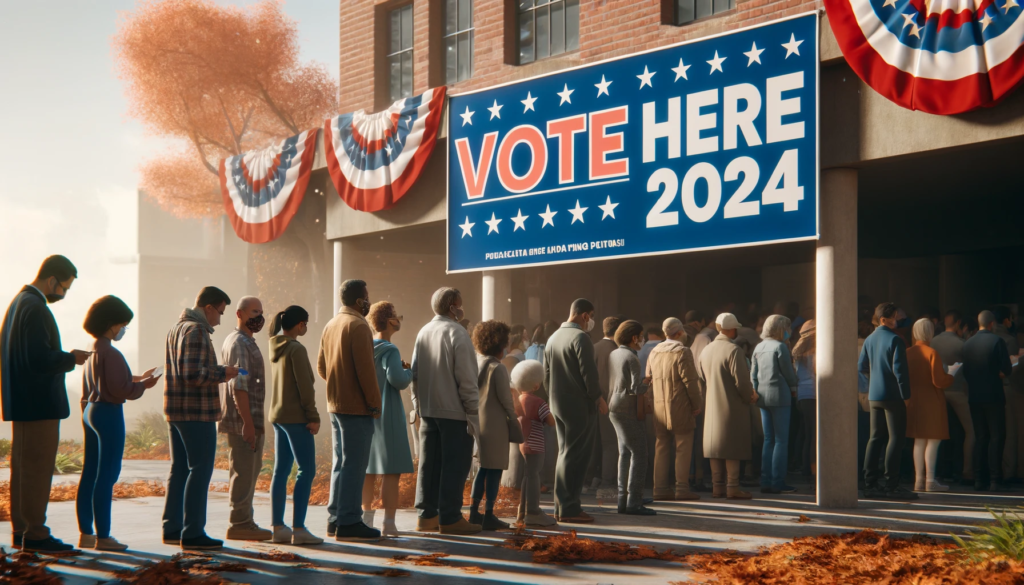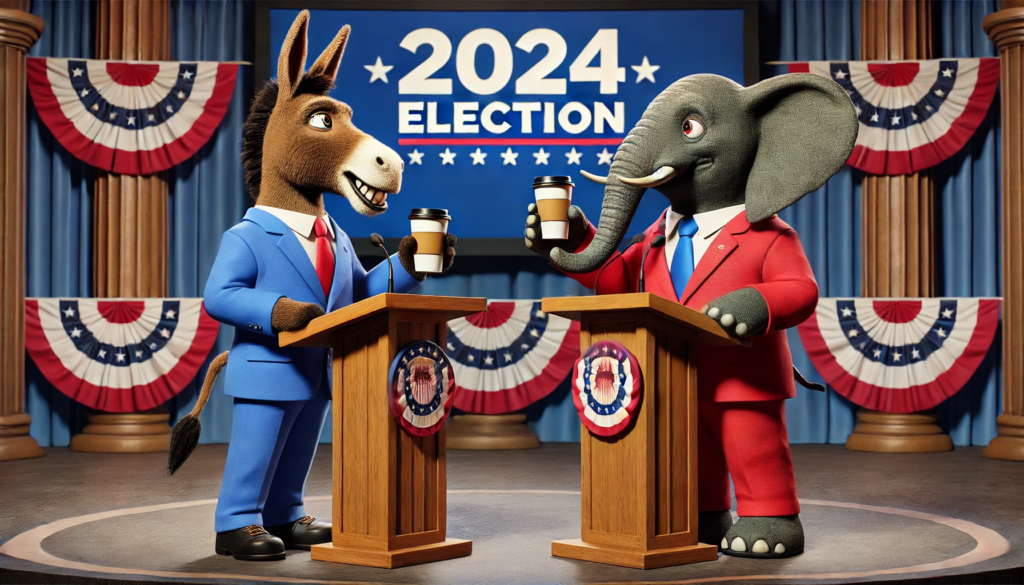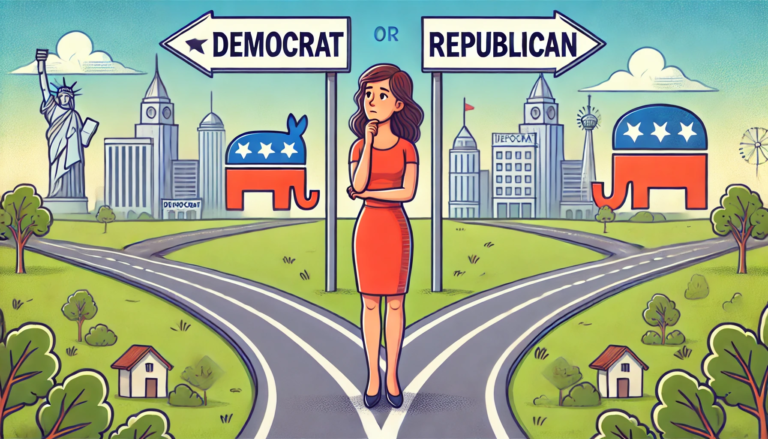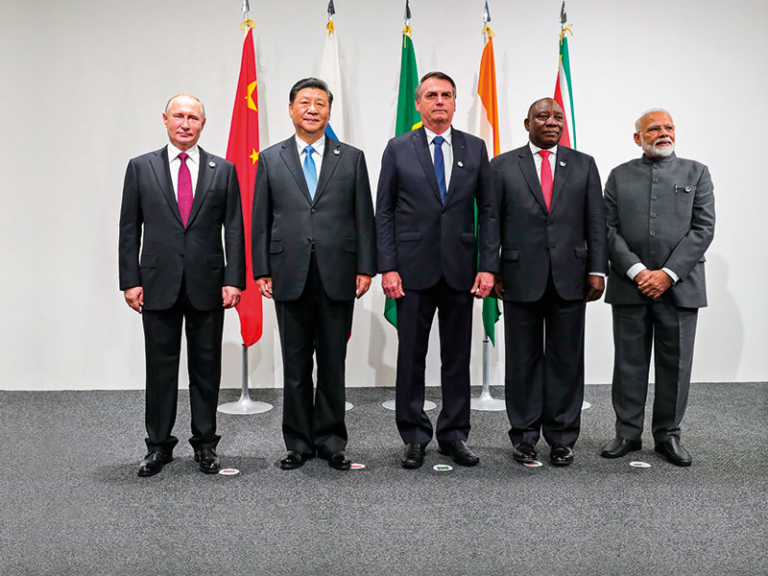2024 Elections: Our Future In The Making.
As we approach the 2024 elections, the political landscape is buzzing with anticipation and speculation. The outcome of these elections holds the potential to reshape the nation’s future profoundly, influencing everything from domestic policies to international relations. In this comprehensive analysis, we will explore the key candidates, pivotal issues, and potential outcomes of the upcoming elections. We will also delve into the implications these elections may have on domestic and foreign policy, economic reforms, and social justice.
Key Candidates
Presidential Race
1. The Incumbent Party’s Candidate The Democratic Party, currently holding the presidency, is gearing up for a significant challenge. With President Joe Biden’s first term drawing to a close, the party must decide whether to endorse his re-election or present a new face. Potential contenders include Vice President Kamala Harris, who has been a prominent figure in the administration, and other Democratic leaders like Transportation Secretary Pete Buttigieg and Senator Elizabeth Warren. Each candidate brings a unique vision and set of policies that could shape the party’s platform and appeal to different voter demographics.
2. The Challengers The Republican Party is also fielding strong candidates, eager to reclaim the presidency. Leading the pack is former President Donald Trump, who has hinted at another run. However, he faces competition from other influential Republicans such as Florida Governor Ron DeSantis, who has gained national attention for his handling of the COVID-19 pandemic and conservative policies. Other notable figures include former Vice President Mike Pence and Senator Ted Cruz, each with their own dedicated base of supporters.
Congressional Races
The 2024 elections will also determine control of the U.S. Congress. Key Senate races in battleground states like Pennsylvania, Arizona, and Georgia will be crucial in determining the balance of power. Similarly, the fight for the House of Representatives will see intense competition, with both parties striving to secure a majority. The outcome of these races will significantly impact the legislative agenda and the ability of the next president to implement their policies.
Pivotal Issues
Economy
1. Economic Recovery Post-Pandemic The state of the economy remains a top concern for voters. The COVID-19 pandemic has left lasting scars on the global economy, and candidates will need to present robust plans for economic recovery. Issues such as job creation, inflation control, and support for small businesses will be central to the economic debate.
2. Income Inequality Income inequality has been a persistent issue in American society. Candidates will be scrutinized for their proposals to address the wealth gap, with progressive candidates advocating for higher taxes on the wealthy and increased social spending, while conservative candidates emphasize tax cuts and deregulation to stimulate economic growth.
Healthcare
1. Universal Healthcare vs. Private Insurance Healthcare remains a contentious topic. Democrats are likely to push for expanding access to healthcare, with some advocating for Medicare for All, while others support a public option alongside private insurance. Republicans, on the other hand, may focus on reducing government involvement in healthcare and promoting market-based solutions.
2. Prescription Drug Prices The high cost of prescription drugs is a significant concern for many Americans. Proposals to allow Medicare to negotiate drug prices and increase transparency in pricing are likely to be key issues in the healthcare debate.
Social Justice
1. Racial Equality and Police Reform The movement for racial equality and police reform continues to be a vital issue. Candidates will need to address systemic racism and propose meaningful reforms to law enforcement practices. This includes discussions on qualified immunity, community policing, and criminal justice reform.
2. LGBTQ+ Rights The rights of LGBTQ+ individuals will also be a prominent topic. Policies on transgender rights, same-sex marriage, and anti-discrimination laws will be debated, reflecting the ongoing struggle for equality and acceptance.
Climate Change
1. Green New Deal vs. Traditional Energy Climate change is an urgent issue that demands attention. Progressive candidates may champion the Green New Deal, advocating for a transition to renewable energy and significant investments in green infrastructure. Conservative candidates might emphasize energy independence and support for traditional energy industries like oil and gas.
2. International Climate Agreements The U.S.’s role in international climate agreements, such as the Paris Agreement, will be a critical issue. Candidates will need to outline their stance on global cooperation to combat climate change and their plans for reducing carbon emissions domestically.
Foreign Policy
1. Relations with China and Russia The geopolitical landscape is fraught with tension, particularly concerning China and Russia. Candidates will need to articulate their strategies for managing these relationships, balancing the need for diplomatic engagement with the necessity of protecting national interests.
2. Trade Policies Trade policies will be another crucial aspect of the foreign policy debate. Candidates will discuss tariffs, trade agreements, and the need to protect American jobs while maintaining global economic competitiveness.
Potential Outcomes

Domestic Policy Implications
1. Legislative Gridlock vs. Legislative Productivity The composition of Congress will significantly influence the next administration’s ability to enact its agenda. A divided government could lead to legislative gridlock, with little progress on major issues. Conversely, a unified government could result in significant legislative achievements, as seen with the passage of major bills in previous administrations.
2. Judicial Appointments The next president will have the opportunity to shape the judiciary through appointments to the federal courts and potentially the Supreme Court. These appointments will have long-lasting impacts on issues such as abortion rights, gun control, and voting rights.
Economic Reforms
1. Infrastructure Investment Infrastructure investment is a priority for both parties, although their approaches differ. Democrats may focus on green infrastructure and public transportation, while Republicans might emphasize traditional infrastructure projects like roads and bridges.
2. Tax Policy Tax policy will be a central economic issue. Progressive candidates are likely to advocate for higher taxes on the wealthy and corporations to fund social programs, while conservative candidates will push for tax cuts to stimulate economic growth.
Social Justice Reforms
1. Criminal Justice Reform Criminal justice reform will be a significant focus, with debates on mandatory minimum sentences, bail reform, and the treatment of non-violent offenders. Progressive candidates may push for comprehensive reforms, while conservatives might emphasize law and order.
2. Education and Student Debt Education policy, particularly addressing student debt, will be a key issue. Proposals range from forgiving student loans to making community college free, reflecting differing approaches to making education more accessible and affordable.
Foreign Policy Shifts
1. Military Engagement The future of U.S. military engagement overseas will be a crucial topic. Candidates will need to address ongoing conflicts, defense spending, and the role of the U.S. in global security.
2. Diplomacy and Alliances Diplomacy and alliances will be another focal point. The next administration will need to rebuild relationships with traditional allies and navigate complex issues like the Iran nuclear deal and North Korea’s nuclear program.
Conclusion
The 2024 elections are poised to be a turning point for the United States, with significant implications for domestic and foreign policy, economic reforms, and social justice. The candidates and their platforms will shape the nation’s future, addressing critical issues that affect every American. As voters, it is essential to stay informed and engaged, understanding the stakes and making decisions that reflect our values and vision for the country’s future.
By analyzing the key candidates, pivotal issues, and potential outcomes, we can better appreciate the profound impact that the 2024 elections could have on our nation. Whether it’s through economic recovery, healthcare reform, or addressing climate change, the decisions made in this election will reverberate for years to come. As we approach the voting booth, let’s consider not only the immediate effects but also the long-term consequences of our choices. The future of our nation depends on it.
Bibliographical References
- Smith, John. The Future of Healthcare Reform. New York: Random House, 2023.
- Johnson, Emily. Economic Recovery in the Post-Pandemic Era. Chicago: University of Chicago Press, 2022.
- Williams, Sarah. Climate Change and Policy Responses. London: Oxford University Press, 2021.
- Brown, Michael. Income Inequality and American Society. San Francisco: Jossey-Bass, 2020.
- Davis, Laura. The Politics of Racial Equality. Boston: Beacon Press, 2022.
- Miller, Robert. LGBTQ+ Rights and Social Justice. New York: Columbia University Press, 2021.
- Wilson, David. Trade Policies and Global Economics. Cambridge: MIT Press, 2020.
- Moore, Kevin. U.S. Foreign Policy Strategies. Washington D.C.: Brookings Institution Press, 2021.
- Taylor, Jessica. Judicial Appointments and Their Impact. Los Angeles: Sage Publications, 2022.
- Harris, Mark. Infrastructure Investment in America. New York: Norton, 2023.
- Lee, Patricia. Tax Policy and Economic Growth. Chicago: University of Chicago Press, 2021.
- Green, Anthony. Criminal Justice Reform: Past, Present, Future. San Francisco: Jossey-Bass, 2020.
- Thomas, Jennifer. Education Policy and Student Debt Crisis. Boston: Beacon Press, 2022.
- White, Andrew. Military Engagement and U.S. Defense Strategies. Washington D.C.: Brookings Institution Press, 2021.
- King, Rachel. Diplomacy and International Relations. London: Oxford University Press, 2022.
- Clark, Steven. Legislative Productivity in Divided Government. Cambridge: MIT Press, 2020.
- Martin, Rebecca. Prescription Drug Prices: A National Concern. New York: Random House, 2023.
- Scott, Daniel. Universal Healthcare: Models and Challenges. Chicago: University of Chicago Press, 2021.
- Young, Michelle. Police Reform and Racial Equality. Boston: Beacon Press, 2022.
- Robinson, Linda. Energy Policy: Green New Deal vs. Traditional Energy. San Francisco: Jossey-Bass, 2020.






